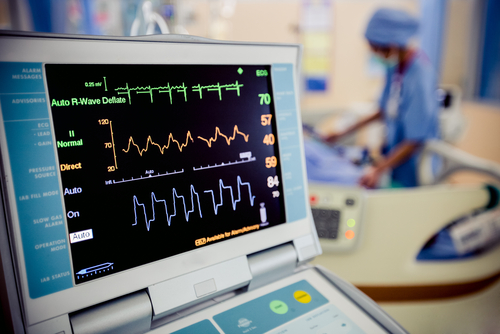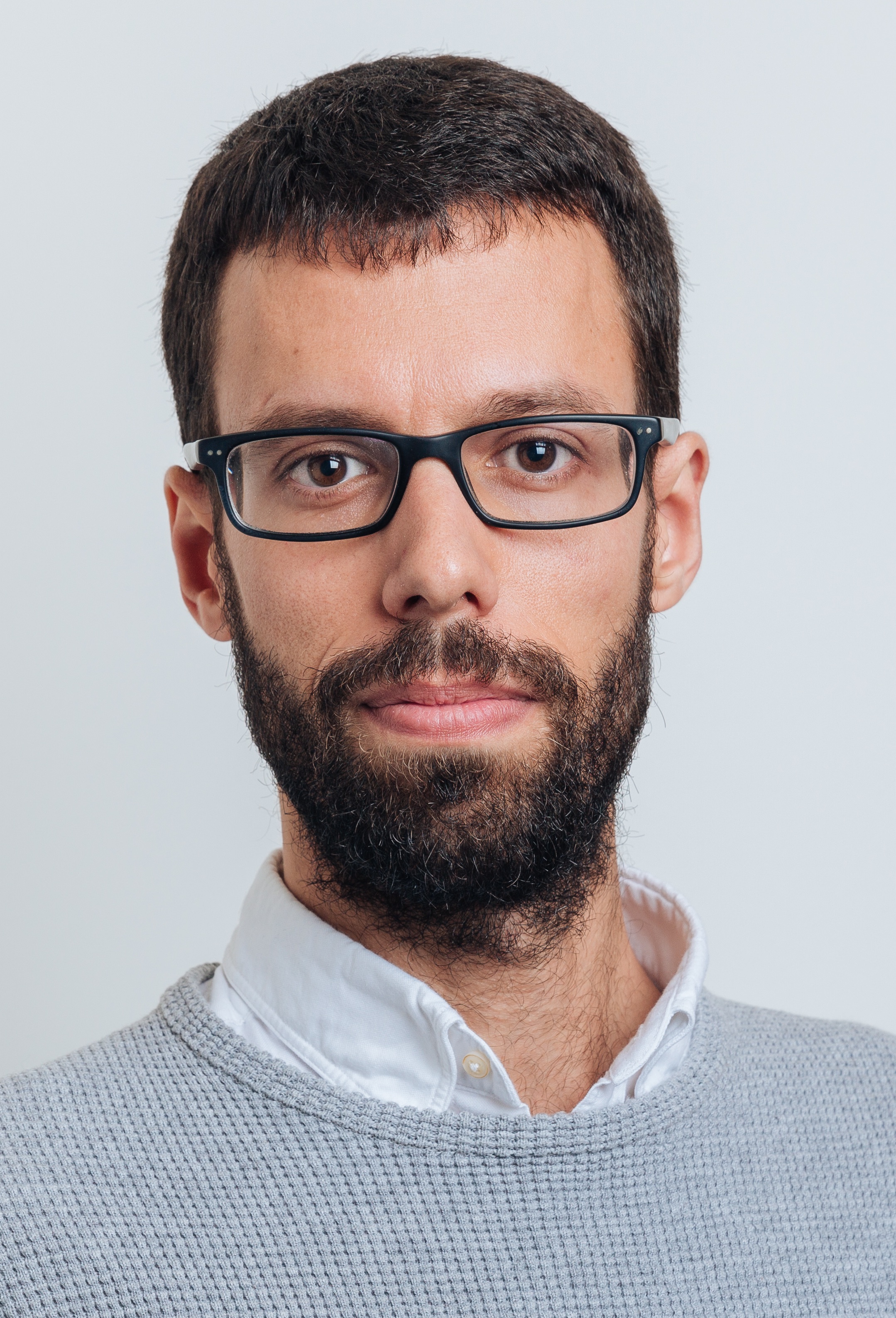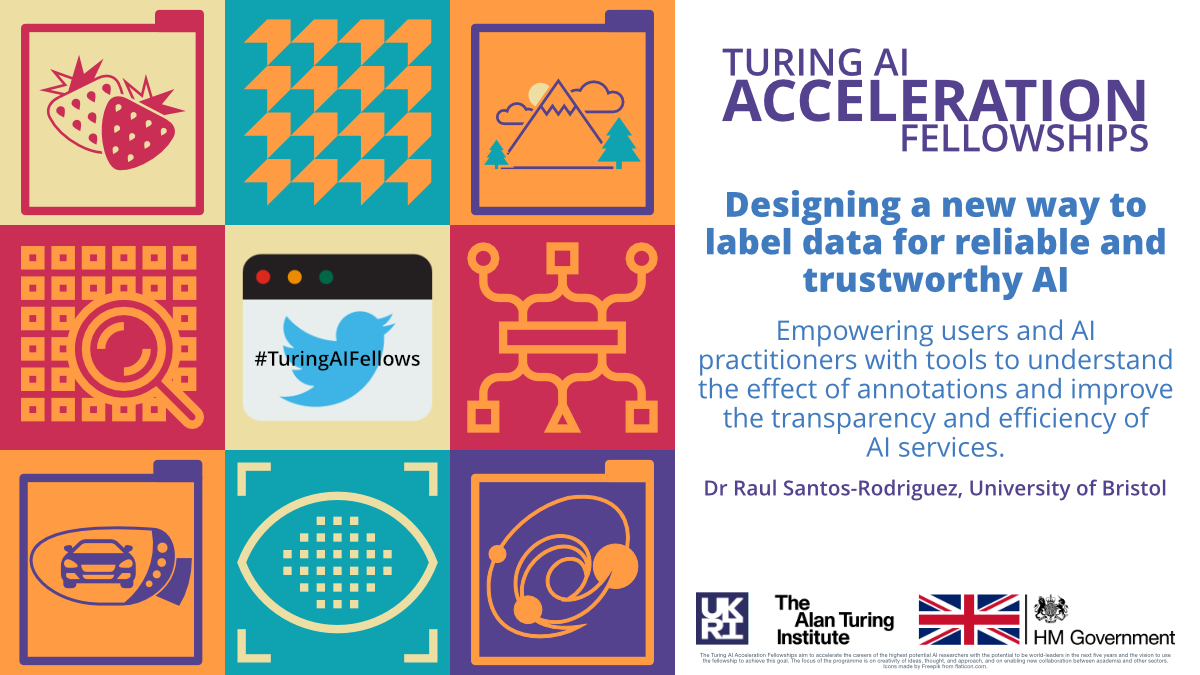
P-NEWS
P-NEWS: personalised early warning scores for preventing unplanned critical admissions. (HDR-UK)

Research Homepage
Research highlights Awarded a Turing AI fellowship to work on human-centric ML |FAT-forensics: python toolbox on fairness, accountability and transparency now available! | Check out our tutorial on explainability, 'What and How of Machine Learning Transparency - Building Bespoke Explainability Tools with Interoperable Algorithmic Components' | HDR-UK funded project on personalised health scores | Join our UKRI CDT in Interactive AI | Join our EPSRC CDT in Digital Health and Care
Turing AI Fellow and Professor in Data Science and AI at the Department of Engineering Mathematics, University of Bristol. My research interests lie around the study of the foundations of machine learning and the way machine learning systems and humans interact and collaborate in diverse domains including healthcare, vision, climate science, music information retrieval and more.
Short bio. After working as lead data scientist developing large-scale recommender systems in industry, in 2014 I moved to IPL, Universitat de Valencia, where I was a Research Fellow working with Prof Gustau Camps-Valls. Before, I was a post-doctoral researcher at the Intelligent Systems Laboratory, University of Bristol, working with Prof Tijl de Bie. I completed my PhD in Machine Learning in 2011, under the supervision of Prof Jesus Cid-Sueiro.
I am currently looking for outstanding PhD candidates / postdocs interested in working in human-centric Machine Learning. Contact me for further information. Current members:
My Turing AI fellowship focuses on human-centric machine learning. In the team, we explore new extended forms of supervision and interaction between AI systems and humans to build trust and accountability while making the learning process more efficient. In particular, we develop methods for humans to provide informative and actionable feedback in order to shape the behaviour of AI systems, allowing humans in return to fully understand and measure the effect of their contribution. The fellowship caters for data and AI practitioners, domain experts and end-users across multiple fields, including health, IT, engineering and social media. For example, novel tools for adapting decision support systems through rich annotations that accurately reflect their needs and constraints are co-created with clinicians in intensive care units across the UK, changing the mindset from the current practice of clinicians being the ones that adjust to the way that AI systems work.


P-NEWS: personalised early warning scores for preventing unplanned critical admissions. (HDR-UK)

Developing sensors and data analytics for the home to diagnose and help manage health and wellbeing conditions. This technology will aid early diagnosis, lifestyle change and the ability of patients to live at home. (EPSRC)

OPERA investigates a new unobtrusive sensing technology for contextual sensing to facilitate new applications in indoor monitoring and Ambient Assisted Living. (EPSRC)
Please check my Google Scholar profile for an up-to-date list.
Department of Engineering Mathematics, Ada Lovelace Building
University of Bristol
University Walk
BS8 1TW
Bristol, United Kingdom
enrsr@bristol.ac.uk